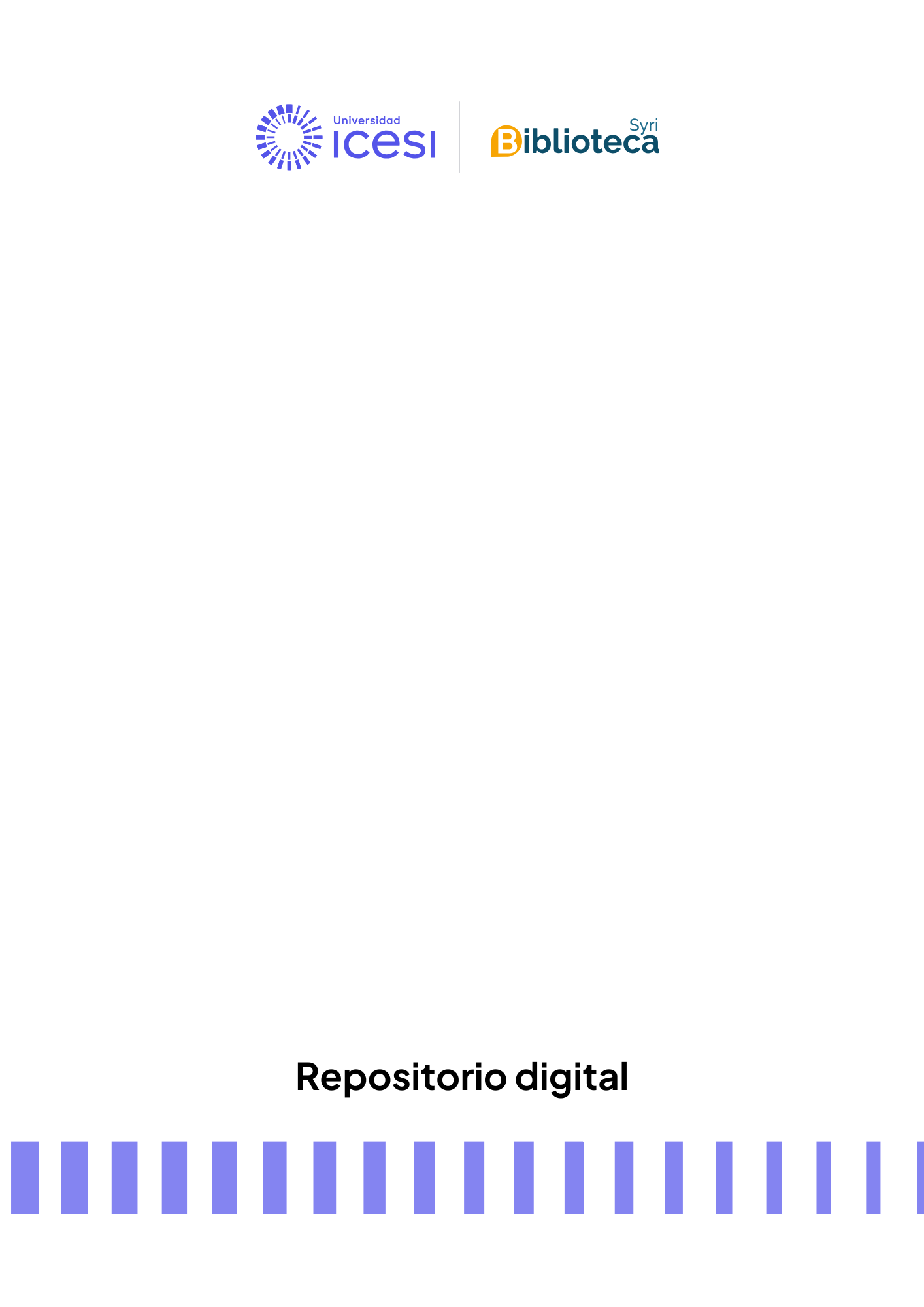Soluble or soluble/membrane TNF-α inhibitors protect the brain from focal ischemic injury in rats.

Archivos
Fecha
Autores
Director de tesis/Asesor
Título de la revista
ISSN de la revista
Título del volumen
Publicador
Editor
Compartir
Resumen
Tumor Necrosis Factor-alpha (TNF-α) is an immunomodulatory and proinflammatory cytokine implicated in neuro-inflammation and neuronal damage in response to cerebral ischemia. The present study tested the hypothesis that anti-TNF-α agents may be protective against cerebral infarction. Transient focal ischemia was artificially induced in anesthetized adult male Wistar rats (300-350 g) by middle cerebral artery occlusion (MCAO) with an intraluminal suture. TNF-α function was interfered with either a chimeric monoclonal antibody against TNF-α (infliximab-7 mg/kg) aiming to TNF-α soluble and membrane-attached form; or a chimeric fusion protein of TNF-α receptor-2 with a fragment crystallizable (Fc) region of IgG1 (etanercept-5 mg/kg) aiming for the TNF-α soluble form. Both agents were administered intraperitoneally 0 or 6 h after inducing ischemia. Infarct volume was measured by 2,3,5-triphenyltetrazolium chloride staining. Cerebral infarct volume was significantly reduced in either etanercept or infliximab-treated group compared with non-treated MCAO rats 24 h after reperfusion. These results suggest that anti-TNF-α agents may reduce focal ischemic injury in rats.

